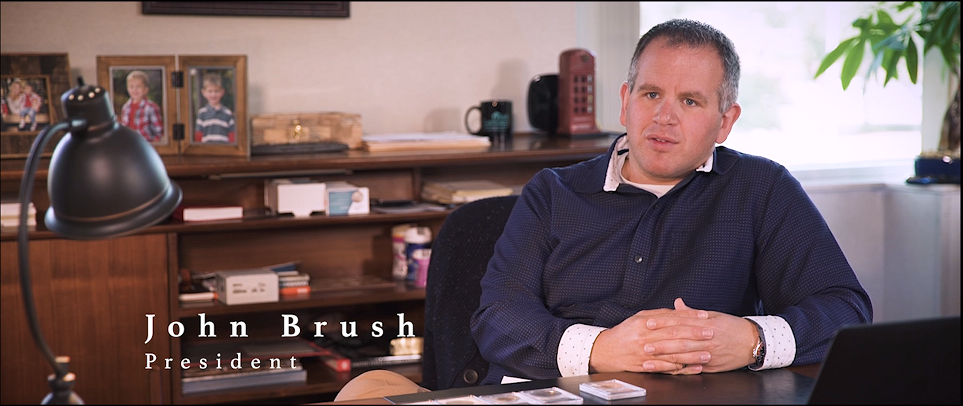Just Ask John: Research and Certification

Every week we get emails from our clients asking our fearless leader John Brush for his knowledge and opinions on a wide range of issues within the coin industry. Last week, John answered a concerned client about our inventory and explained a little about our process for getting new coins ready for auction. This week, John helps out an overwhelmed buyer and addresses certification for a potential seller!
"John, I am often overwhelmed in the research process as I parse through various internet resources, price guides and of course, my faithful Redbook to find information and prices on coins that I am looking to purchase. They often vary and sometimes contradict each other and I’m never entirely sure what to trust or how to compare them. What essential resources do you recommend to collectors and what can I do to make sure I'm getting a good/fair deal on a coin? Should I be looking for auction records?"
-IG of Smithfield, VA
This is completely self-serving, but there’s absolutely nothing that will help you as much as talking to someone who does this on a daily basis. There are great reference guides at pcgscoinfacts.com and at www.ngccoin.com (their Coin Explorer is underrated!), and depending on the series you’re collecting, there’s likely a great reference book worth checking out… it won’t help you for pricing information, but the historic information and rarity graphs are often incredibly useful.
As for pricing, there’s no single place that can share with you the information that a brief conversation with a professional numismatist at DLRC can provide. There are so many price guides out there that give great references, but the task of pricing and understanding the smallest facets can be overwhelming. The wholesale market is even more complex but I can’t even begin to go into everything involved there. It’s like being a stock trader at times, especially when the bullion markets are as ridiculously crazy as they are now. But, I digress. The best starting point is the Redbook for information… but you'll certainly want to skip over the pricing there. It’s a general reference, but it can do more damage than good if you try to use the pricing without regard to other helpful pricing guides. In short, if you’ve got a question, don’t hesitate to contact us…we’re here to help at any time and we’re a resource that can be used for free!
I collect 20 Cent pieces (among other items) and have some extras that I want to sell. My question to you is, would it be advisable to get them certified before selling them? And as my representative, please explain why. Thank you!
Tom
Tom,
Thanks for the email. Your question is a very fair one and one that I believe in wholeheartedly. The entire aim of certification is to protect the collector. Even collectors who have been involved in this hobby for years may not know about every inconsistency of a particular coin and the grading services provide a certain peace of mind for buyers. This is the crutch that most collectors stand on when purchasing coins. Consider that when coins are being sold, if the value is $100 or higher, there’s an incredible risk for a collector to buy an uncertified coin as the smallest differences in grade can mean a large sum of money. With that in mind, getting your coins certified instills confidence in those who would be interested in your coins and as such I view it as a no-brainer when it comes time to sell.
Perhaps you didn’t need that support when you were assembling your collection, and if not, I’m thrilled for you. It means you’re an advanced collector! But, to reach the lion’s share of collectors, certifying your coins is a necessary element in the hobby.
If you choose not to do so, we’re still happy to make an offer on your coins, but by choosing grading, you remove a lot of the guesswork from the process for both parties.
Do you have a topic about DLRC, the coin industry, or the collecting hobby that you want John to tackle? Email your question to coingroup@davidlawrence.com and it might be featured in a future edition of “Just Ask John!”
